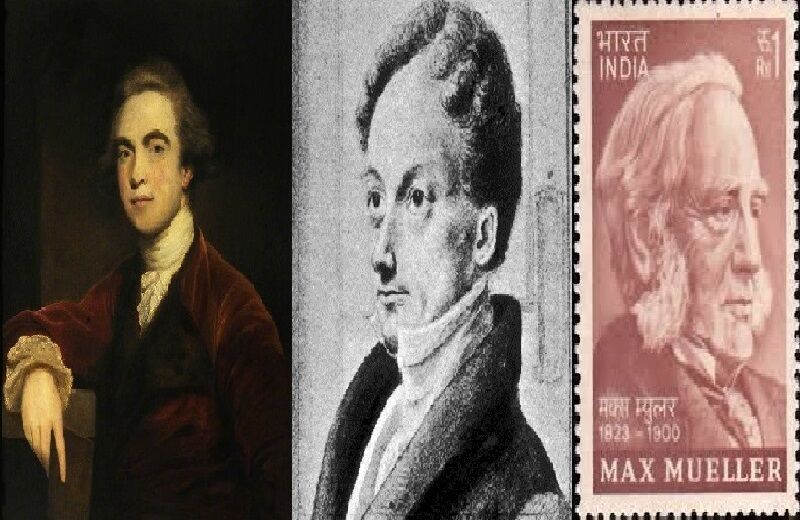विलियम जोन्स हों या मैक्समुलर ये हमारा काम कर रहे थे या अपना?
इसके बाद भी प्रश्न रह जाता है कि विलियम जोन्स हों या मैक्समुलर ये हमारा काम कर रहे थे या अपना? हिन्दुओं का या ईसाइयों का। क्या जोन्स को 'सर' की उपाधि उनकी इस सूझ के कारण दी गई थी कि उन्होंने संस्कृत को ग्रीक और लातिन से सभी दृष्टयों से श्रेष्ठ सिद्ध कर दिया? यदि नहीं तो उस कारण की खोज करनी होगी।

X
इसके बाद भी प्रश्न रह जाता है कि विलियम जोन्स हों या मैक्समुलर ये हमारा काम कर रहे थे या अपना? हिन्दुओं का या ईसाइयों का। क्या जोन्स को 'सर' की उपाधि उनकी इस सूझ के कारण दी गई थी कि उन्होंने संस्कृत को ग्रीक और लातिन से सभी दृष्टयों से श्रेष्ठ सिद्ध कर दिया? यदि नहीं तो उस कारण की खोज करनी होगी।
0



